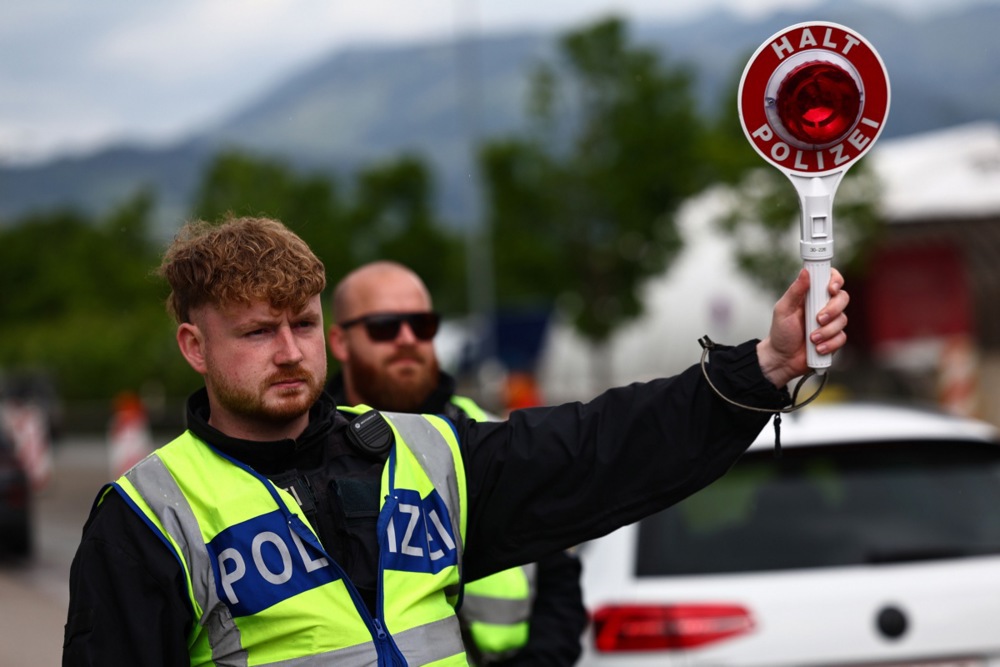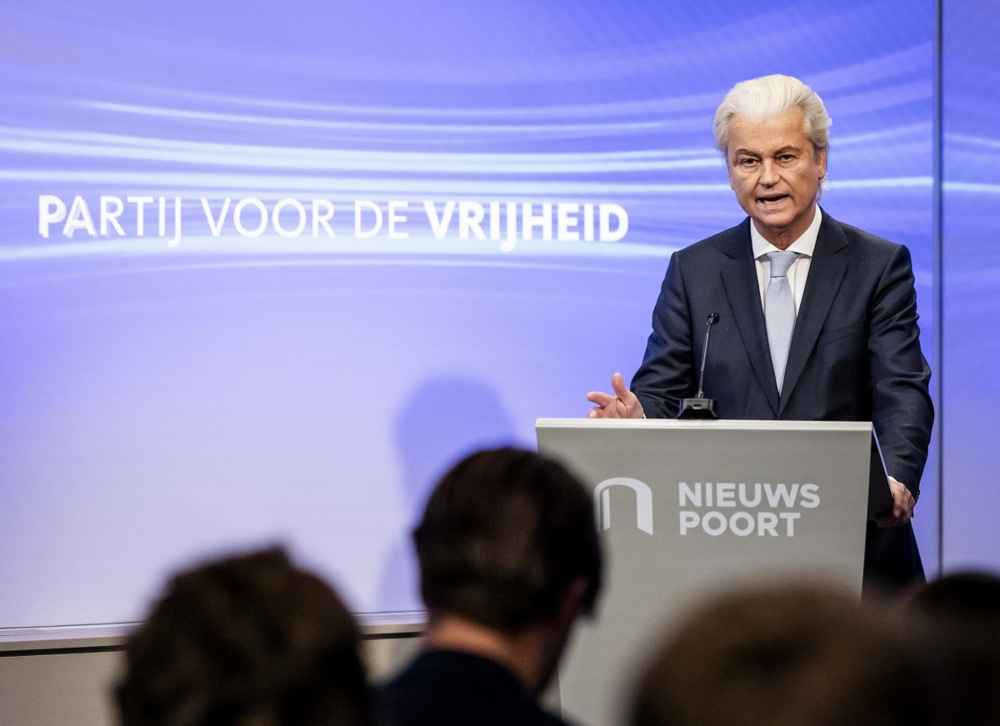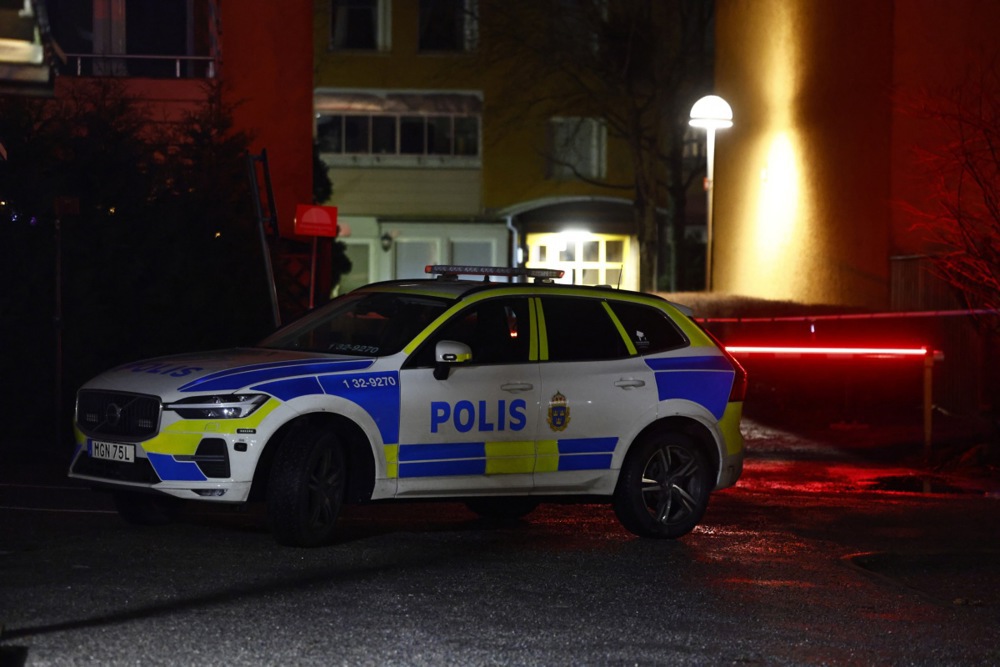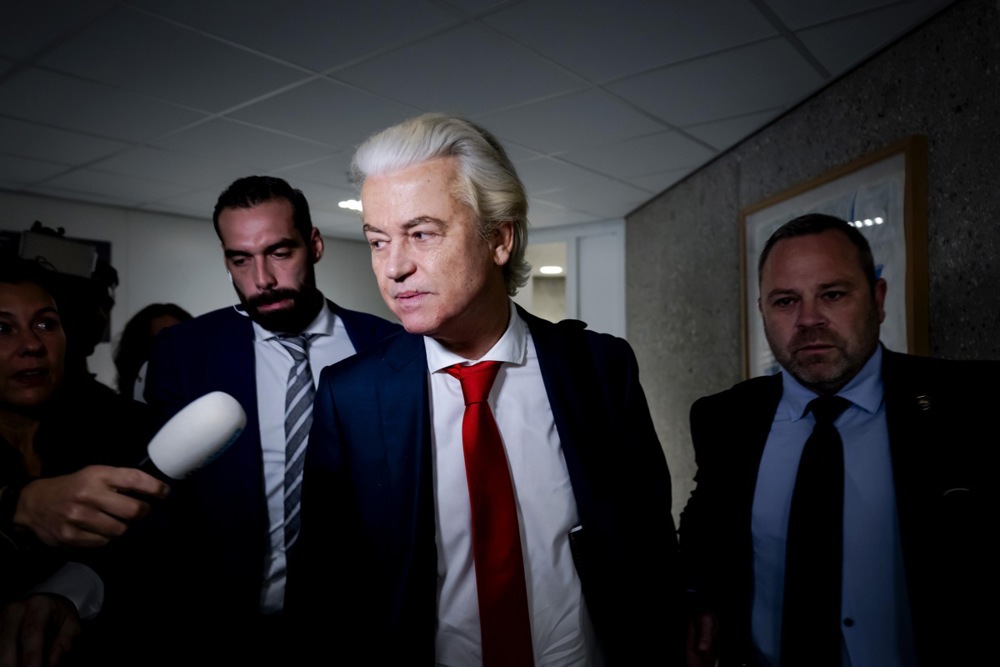Illegal immigrants should not be punished for clandestinely bringing their children into the country where they end up, the European Court of Justice (ECJ) has ruled.
An Italian court had asked if parents smuggling in their children facilitated unauthorised entry and, on June 3, the ECJ stated this was not an offence under EU law.
According to Europe’s top court: “Such a parent merely exercises his or her responsibility in respect of the child.”
In their decision, the ECJ judges ruled: “Such conduct does not constitute facilitation of illegal immigration, which EU law seeks to combat, but the exercise of that person’s responsibility in respect of those minors, stemming from their family relationship.
“EU law therefore precludes national legislation criminalising that conduct.”
Named the Kinsa case, it involved a Congolese woman who had entered Italy via Bologna airport from Morocco in 2019, together with her then-underage daughter and niece.
She gave fake papers to the Italian authorities, claiming she and the children were from Senegal.
Consequentially, she was charged with facilitating illegal entry under national law transposing an EU directive (2002/90/EC). She then claimed asylum, saying she had fled her home country after having received death threats from her ex-lover.
Italy’s immigration law included a provision that imposes penalties of up to 15 years in prison and fines of €15,000 per person for facilitating illegal immigration through the use of international transport or forged documents.
#ECJ: A third-country national who enters the European Union in an unauthorised manner cannot be penalised for facilitation of unauthorised entry solely because he or she is accompanied by his or her minor child ? https://t.co/ATb3CgbPxg
— EU Court of Justice (@EUCourtPress) June 3, 2025
Despite that, the ECJ said EU law — especially when interpreted alongside the EU Charter of Fundamental Rights — protected family life and the best interests of the child (Articles 7 and 24).
Punishing the woman for bringing the minors would violate these fundamental rights, even though her own entry was also irregular, the court ruled.
It found that such actions were not the same as smuggling or trafficking — they were the result of a person taking responsibility for children they cared for. Trying to criminalise this would breach the core of their rights to family life and child protection.
Because the woman applied for asylum the day after arriving, the ECJ said her entry could not be penalised while her asylum claim was being processed.
Koen Lenaerts, the ECJ President, also issued a video, explaining the situation.
“Member states may not extend the definition of a crime beyond the provisions of EU law,” he said.
The ruling could be seen to go against new legislation and demands from governments that wanted to tackle illegal immigration.
Restrictive measures, such as cooperating with third parties, such as Albania for example, to deal with asylum might be directly impacted by the ECJ ruling, according to experts.
Francesca Cancellaro, the lawyer for the Congolese woman, said: “It is the first time that the interpretation and assessment of the facilitation of irregular immigration is assessed in these terms, it is a first step to question the entire European system that criminalises those who want to help minors enter Europe.”
Italian MEP Cecilia Strada of the Socialists and Democrats Group in the European Parliament said she was happy with the ruling.
“The principles of international law are not at the mercy of the desired politicians of individual governments”, she told Italian media outlet ANSA.
“We know very well that if the Court is forced to intervene in cases like this, it’s because the 2002 directive on facilitating illegal immigration is based on a series of shameful and deliberate distortions”, she said.
“Two stand out in particular: the absence of profit as a necessary element for defining the offence of facilitation, and the lack of a mandatory exemption in cases of humanitarian assistance.
“It’s clear there’s a deliberate intent to criminalise those who offer help,” Strada said.
She added: “The truth is that many European governments — the Italian one first among them — are systematically trying to push the limits and force through the implementation of the new Migration Pact, which is already highly problematic, right up to the edge of legality.”
Carlo Fidanza MEP, head of the Brothers of Italy group in the EP, was more negative about the ruling.
“We are at the umpteenth surreal sentence,” he told Italian newspaper Il Giornale.
Fidanza said it was “an ideological coup that risks opening even more the way to uncontrolled immigration”.
Migration specialists said hundreds of people had been accused of facilitating irregular immigration and stressed that the crime of aiding and abetting the illegal entry of others was a different and more serious consideration.
Nine EU leaders, including Giorgia Meloni, Donald Tusk, and Mette Frederiksen, have called for more flexibility in interpreting the European Convention on Human Rights to allow them to expel criminal migrants. https://t.co/mMXYc8uaa4
— Brussels Signal (@brusselssignal) May 23, 2025





